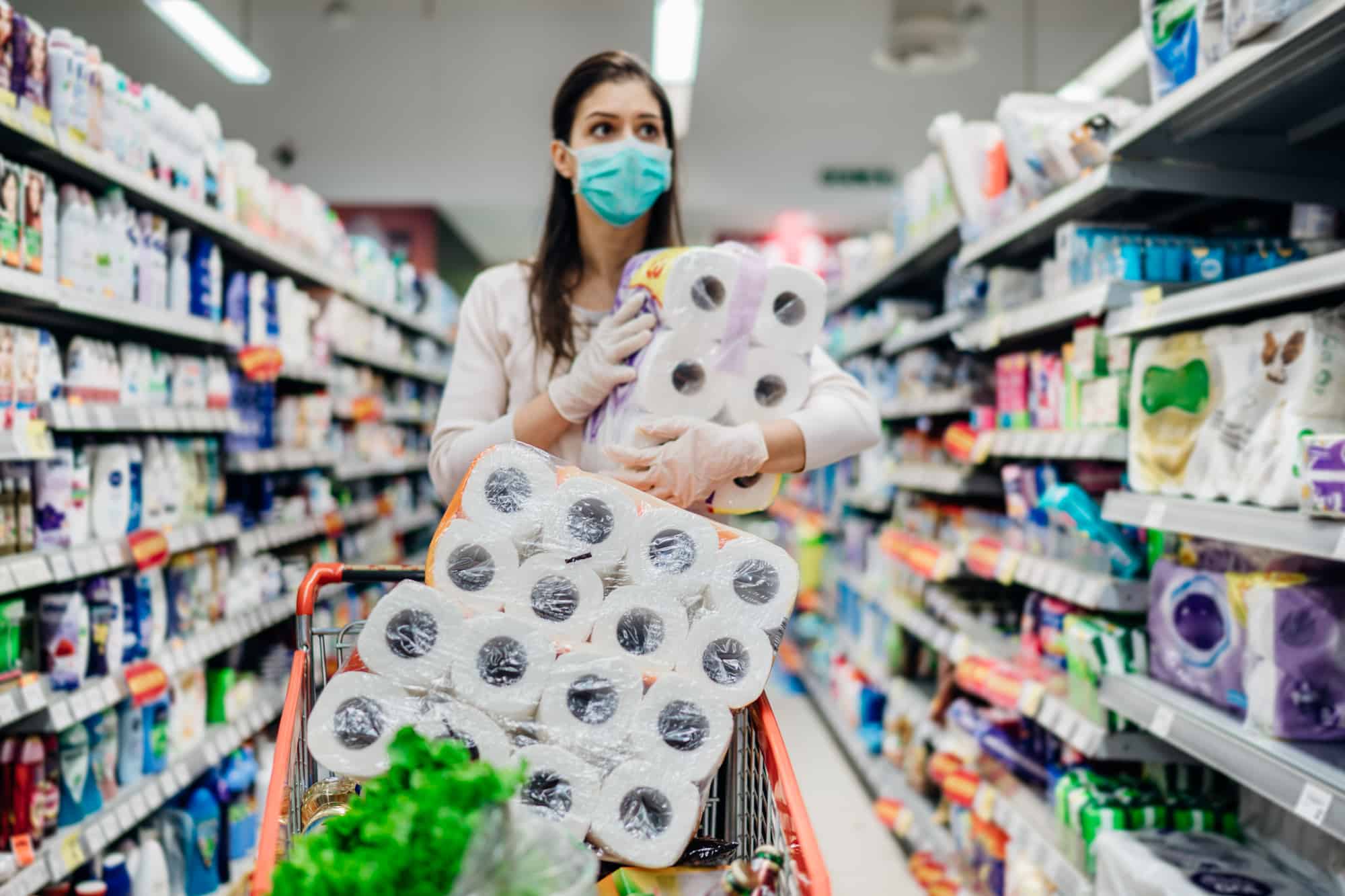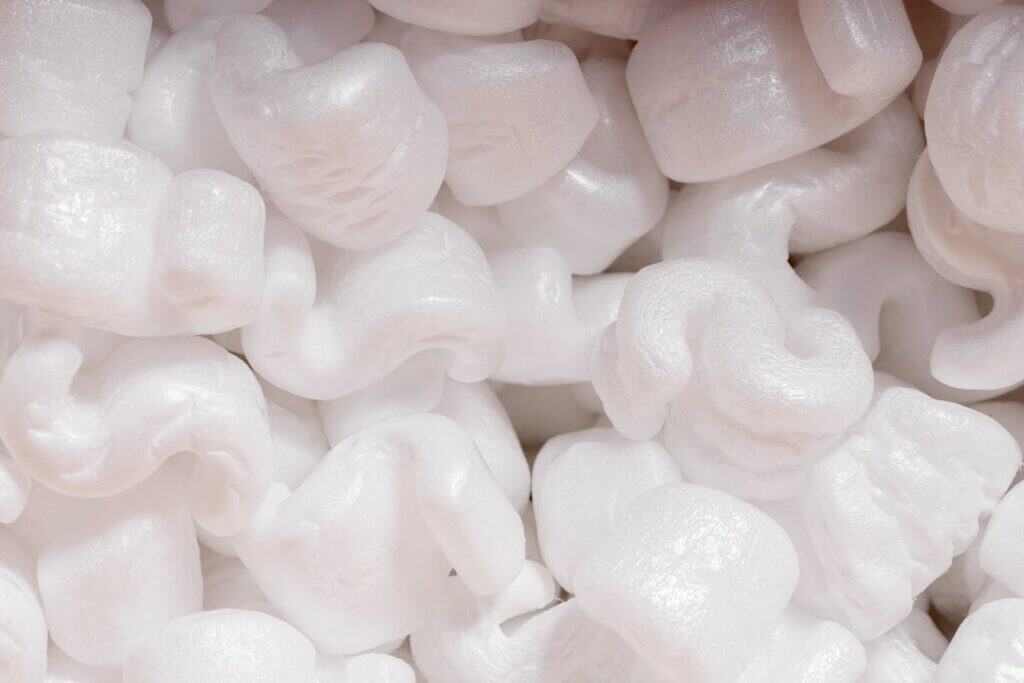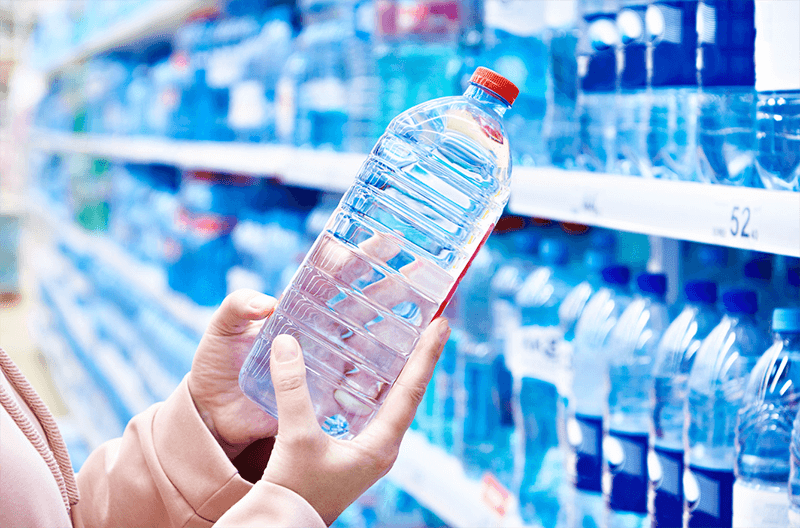As we covered in this recent article, the UK coronavirus lockdown that stretched from March to July 2020 resulted in reduced carbon emissions, less littering, and lower levels of air pollution. At Plastic Expert, we were curious how the millions of people stuck at home would handle their extra packaging waste (if their recycling services weren’t being disrupted, that is).
It was a given that people would be eating all of their meals at home and do most of their shopping online; some others might use the time at home for a ‘spring clean’. All three of these activities result in a huge increase in recyclable materials for the average household.
Now, several months after the lockdown…
We can report findings from some highly reputable recycling organisations and projects, the first of which is Everyday Plastic. In April 2020, just one month into the lockdown, this community interest and plastic education company decided to launch ‘The Everyday Plastic Survey’. The survey welcomed volunteers to collect all of their plastic waste for a whole week and submit that data to the survey, giving the data collector some interesting information about their household’s plastic footprint, with advice for how to move forward after the lockdown.
They found that:
- The average household threw away 128 pieces of plastic in a week, up from 99 pieces pre-lockdown.
- 56% of household plastic during lockdown was soft flexible film plastic which is not recycled well by municipal recycling firms
- 37% of the plastic collected by the survey’s volunteers is deemed recyclable by councils
- Only 5% would actually be recycling domestically in the UK, with the rest being sold abroad
- Plastic waste was predominantly food packaging, snack wrappers, parcel bags, and PPE
Should food packaging be compostable?
This was the question that was posed in July, just as the lockdown was coming to an end. Flexible and compostable packaging company TIPA released the results of their survey of 2,104 UK consumers, which had 85% of Brits agreeing that food packaging should be compostable.
For people doing their food shopping online, rather than being able to take their ‘bags for life’ and hemp bags to supermarkets and outdoor markets, they reluctantly welcomed more food packaging in their homes from online orders. 69% of respondents felt that the food industry should take the lead on fixing the packaging plastics problem, as opposed to the government, consumers, or supermarkets.
At the same time, with people making an increased number of online purchases during the lockdown, they were then burdened with a large amount of parcel bags and brown packaging cardboard. This redirected a lot of attention to Amazon, who were working at full capacity to fulfil orders during those few months when the rest of the world more or less stood still. It was found in a survey held by Oceana, an international ocean conservation company, that 94% of British consumers were increasingly concerned about plastic pollution during the lockdown. This incredibly high result resulted in pressure being heaped on Amazon to introduce plastic-free packaging options.
The poll also found that:
- 61% of respondents said they were doing more online shopping during the lockdown than before
- 56% of respondents were concerned about all of the extra packaging waste they were generating
How did the municipal councils handle the extra waste during the lockdown?
Frankly, quite poorly, but given that none of us has been through a pandemic before and we weren’t really prepared for it, it’s only fair to have a bit of sympathy for panicked councils who didn’t have a resourceful strategy for the waste surge. This lack of a plan resulted in around 380,000 households in the UK having their waste taken directly to landfill or incineration during the lockdown.
Due to the delays in recycling information, it’s often not until months later that councils share their recycling data, however:
- Hampshire, Hounslow, Richmondshire, and Worcestershire, all reported increases of up to 35% between April and June
- Powys in Wales also reported a 20% increase in weekly recycling tonnages in the first month of lockdown
- Dry mixed recycling reportedly increased, with more glass and plastic, but less paper and card
How did the lockdown affect household recycling?
To answer the title question, we have to say that there are mixed opinions based on who is reading this. Objectively speaking, with most businesses closed for a while and people stuck at home, household recycling naturally increased, in many places to its absolute capacity. From an idealistic perspective, we would have liked to see the lockdown used as an opportunity for councils to explain how to recycle household waste better.








